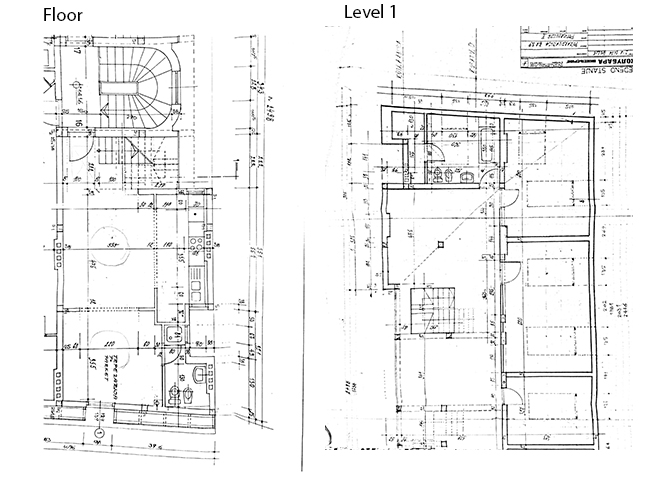A clogged drain can be a frustrating and messy problem, but before reaching for harsh chemicals or calling a plumber, there are several safe and effective methods to clear the blockage without damaging your pipes. Many common household items can be used to unclog drains without the need for expensive professional repairs. Here’s how you can tackle drain clogs safely and efficiently.
1. Use Boiling Water for Minor Clogs
If your sink or shower drain is slowing down, a simple fix could be pouring boiling water down the drain. This method works best for grease, soap scum, and minor clogs that haven’t fully blocked the pipe.
How to Do It:
- Bring a pot of water to a rolling boil.
- Slowly pour the water down the drain in two to three stages, allowing it to work for a few seconds between each pour.
Be cautious when using this method on PVC pipes, as excessive heat could soften or weaken them over time.
2. Try a Baking Soda and Vinegar Mixture
This natural cleaning solution creates a fizzing reaction that can help break down organic material in the pipes. It’s an excellent alternative to chemical drain cleaners, which can corrode pipes over time.
How to Do It:
- Pour ½ cup of baking soda down the drain.
- Follow it with 1 cup of white vinegar.
- Let the mixture sit for 15–30 minutes.
- Flush with hot water to clear the loosened debris.
This method is particularly effective for clogs caused by grease, soap, and minor hair buildup.
3. Use a Plunger for Stubborn Clogs
A plunger is a great tool for clearing clogs in sinks, tubs, and toilets without harming your pipes.
How to Do It:
- Fill the sink or tub with enough water to cover the rubber part of the plunger.
- Place the plunger over the drain and pump forcefully several times.
- Pull the plunger up quickly to break the clog and flush with hot water.
For best results, use a flat-bottomed plunger for sinks and a flange plunger for toilets.
4. Remove Hair and Debris with a Drain Snake
If you suspect hair or other solid debris is causing the clog, a drain snake (also called a drain auger) can help remove the blockage.
How to Do It:
- Insert the snake into the drain and turn the handle to push it deeper.
- Once you feel resistance, rotate the snake to break up or grab onto the clog.
- Pull it out slowly, then flush with hot water.
If you don’t have a drain snake, a straightened wire hanger with a small hook at the end can work in a pinch.
5. Avoid Harsh Chemical Drain Cleaners
Commercial drain cleaners may promise quick results, but they contain harsh chemicals that can corrode pipes over time. If used frequently, they can weaken your plumbing and lead to costly repairs. Natural or mechanical methods are always a safer alternative.
6. When to Call a Plumber
If none of these methods work or if you experience repeated clogs, it may be time to call a plumber. Professional plumbers have specialized tools, such as hydro-jetting and video inspection cameras, to diagnose and resolve stubborn drain blockages without causing damage to your pipes.
Unclogging a drain doesn’t have to involve expensive repairs or harmful chemicals. By using boiling water, natural cleaning solutions, plungers, or a drain snake, you can clear most minor blockages safely. However, if the clog persists or worsens, calling a professional plumber ensures the issue is resolved without risking long-term pipe damage. With regular maintenance and mindful disposal of grease, hair, and debris, you can keep your drains flowing smoothly for years to come.










Comment (0)